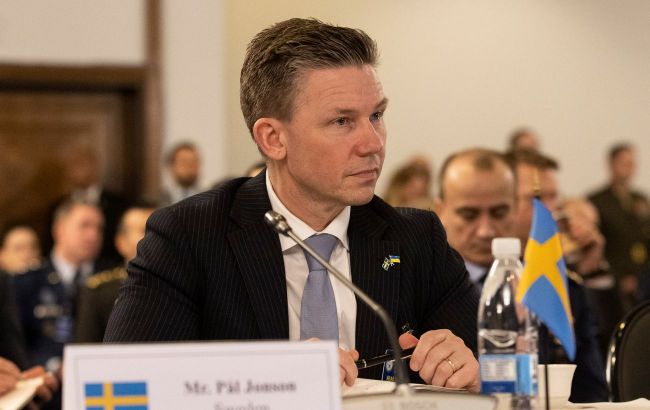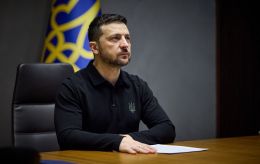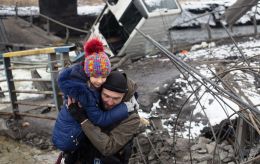Countries of Northern Europe to strengthen patrols in Baltic Sea
 The Minister of Defense of Sweden, Paul Johnson (photo: Getty Images)
The Minister of Defense of Sweden, Paul Johnson (photo: Getty Images)
The defense ministers of the countries in the United Expeditionary Forces have jointly decided to enhance patrols in the North and Baltic Seas. At least 20 ships have been mobilized for this purpose, announces the Minister of Defense of Sweden, Paul Johnson.
"This involves conducting maritime surveillance, with around 20 military ships operating in the Baltic Sea and certain parts of the North Atlantic to address security concerns and better protect critical underwater infrastructure," stated Johnson.
He also noted that the United Expeditionary Forces had not previously made decisions on such operational measures, and the current decision was made in close consultation with NATO.
"This is a symptom of a very serious security situation in the world, but first and foremost in our own region, and we must be able to carry out such operations to protect critical infrastructure and to send signals to Russia," he emphasized.
The United Expeditionary Forces of the United Kingdom is a coalition of expeditionary forces that includes not only the UK but also nine of its Northern European allies, including Denmark, Finland, Estonia, Latvia, Lithuania, the Netherlands, Sweden, and Norway.
NATO countries bolster security in the Baltic Sea
From November 20 to December 1, Finland, in its first-ever status as a NATO member, is conducting international military-naval exercises called Freezing Winds 23 near its borders with Russia.
As part of efforts to enhance security in the region, Germany has proposed that NATO take on the coordination of naval forces in the Baltic Sea. It is noted that following Russia's full-scale invasion of Ukraine, the NATO alliance has strengthened its forces on the eastern flank. According to the German Ministry of Defense, the Baltic Sea is a primary channel for transporting goods, energy, and telecommunications for several NATO members.

